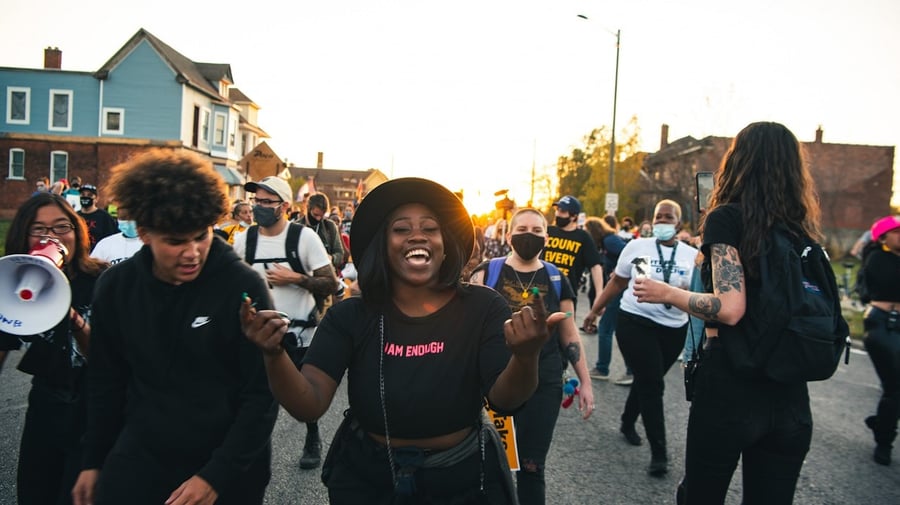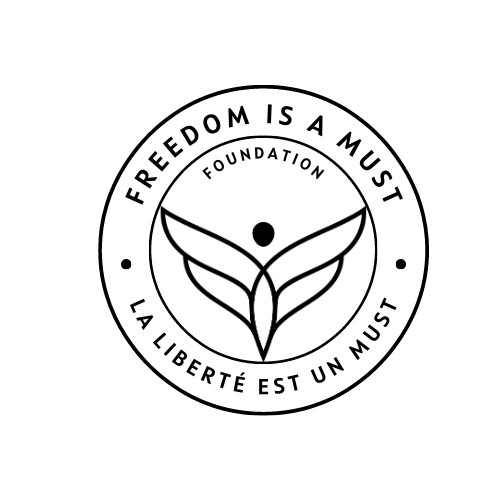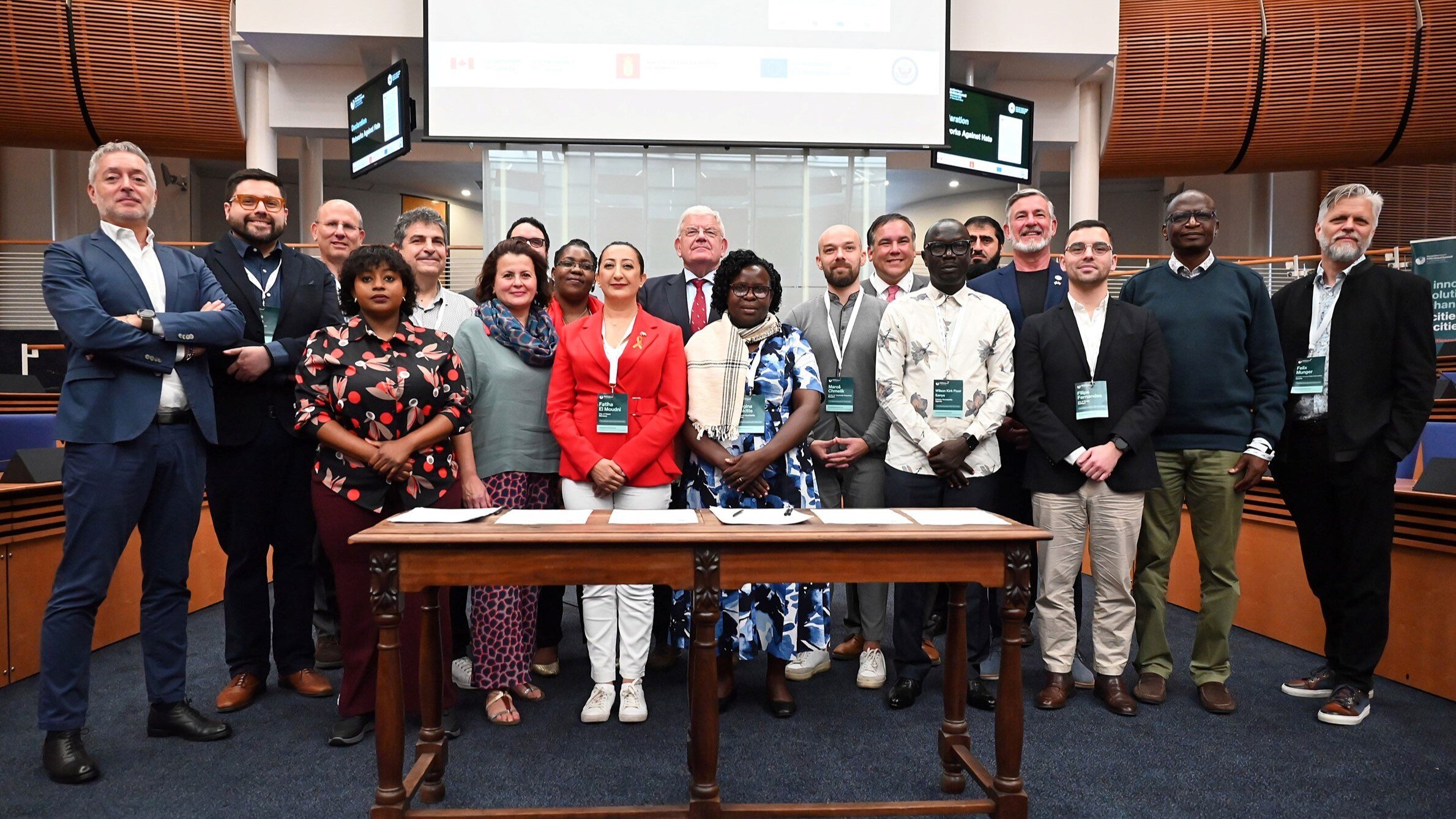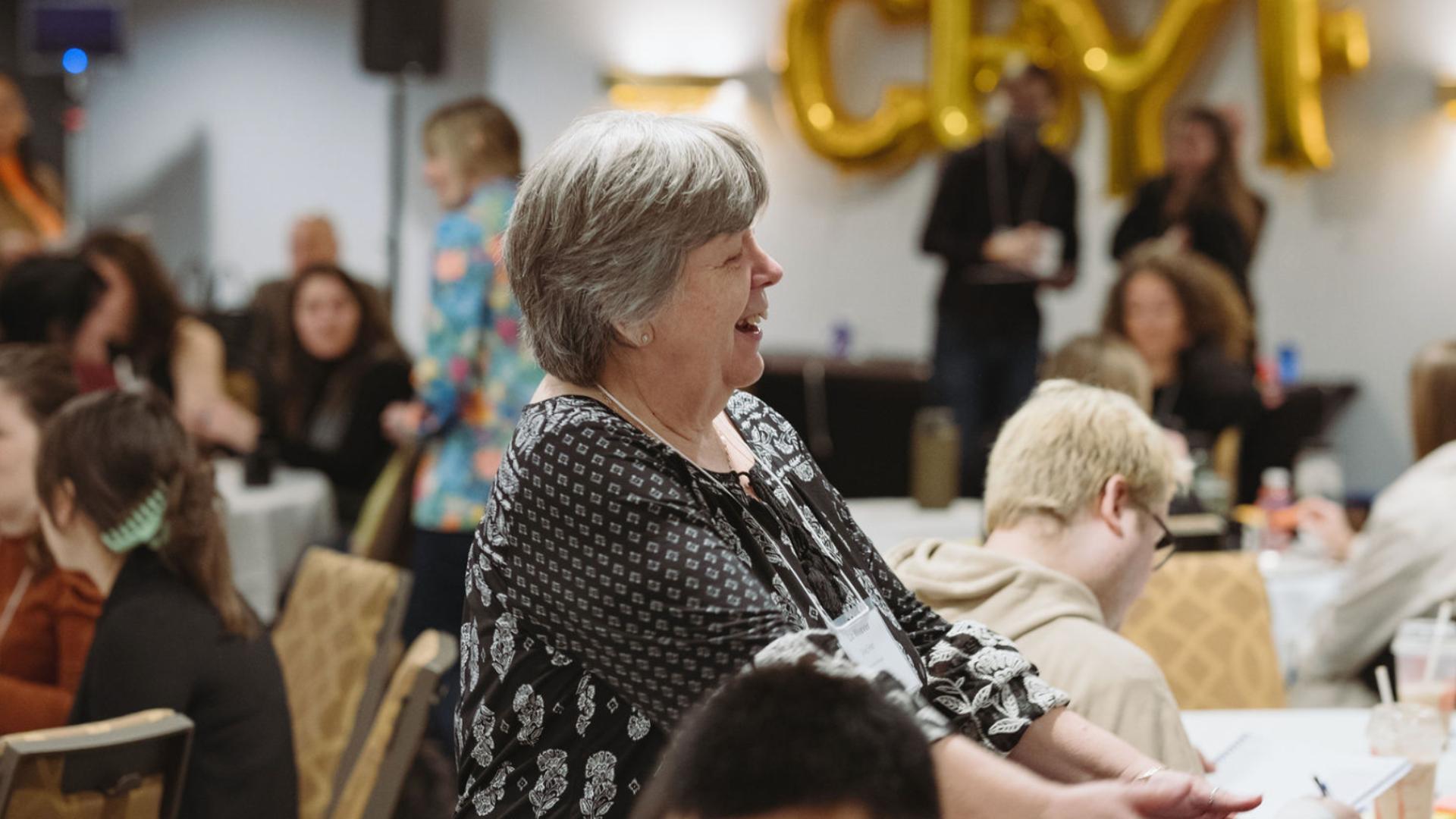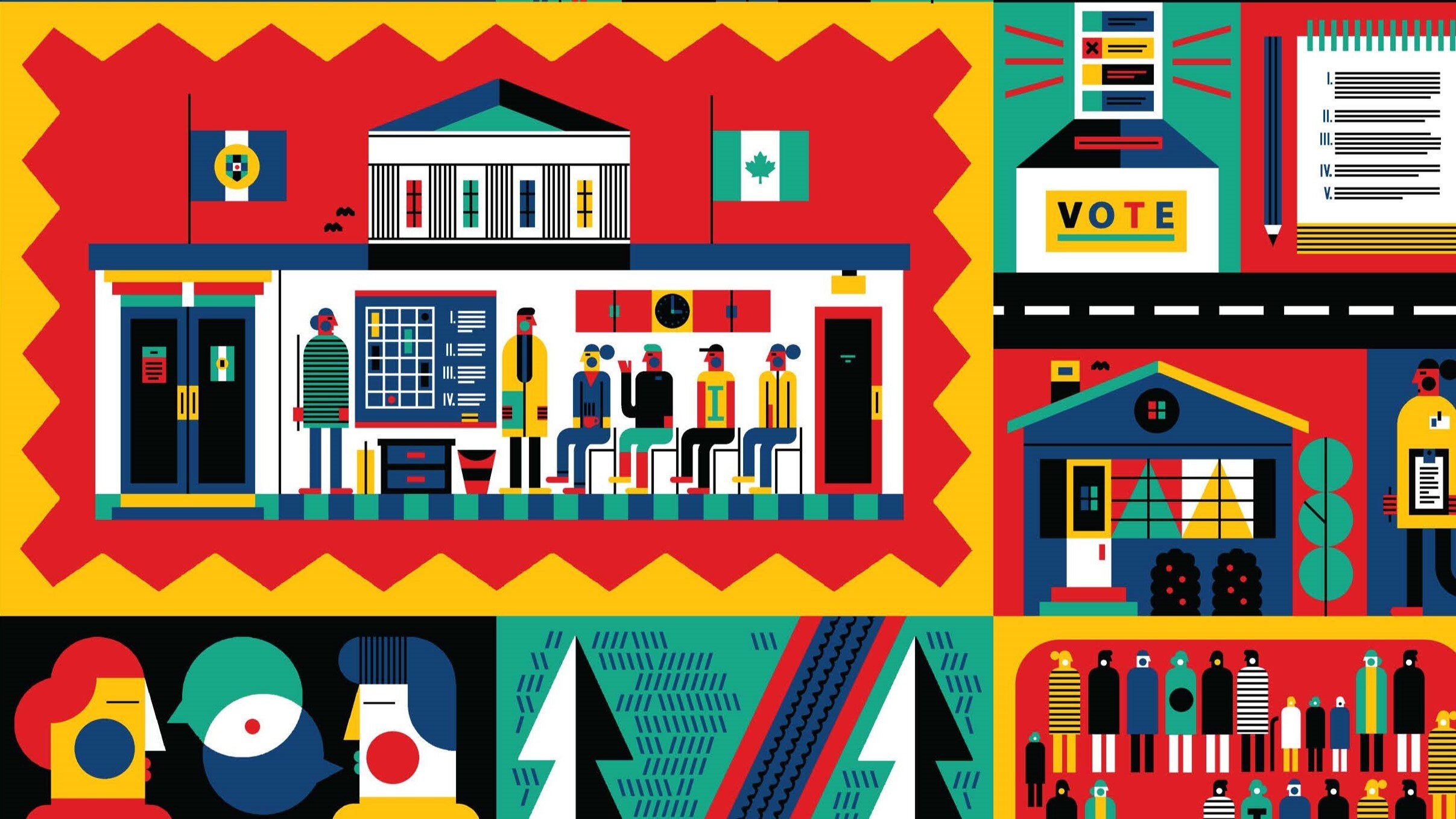This blog post amplifies the story of the Freedom Is a Must Foundation and its founder Christophe Lewis as he navigates systems change and justice reform in Canada.
This blog post was written on behalf of Christophe Lewis and the Freedom Is A Must Foundation. It was originally written by Christophe Lewis and Reakash Walters.
Supports
This blog post contains content related to Anti-Black racism.
For emotional crisis referral services and information on other health supports visit the Government of Canada’s Mental health support page. EN FR
For culturally relevant mental health supports, please contact:
African Ancestral Acknowledgement
We acknowledge those who came here as settlers – as migrants either in this generation or in generations past – and those who came here involuntarily, particularly those brought to these lands as a result of the Trans-Atlantic Slave Trade and Slavery. We pay tribute to those ancestors of African origin and descent.
“As iron sharpens iron, so one person sharpens another”.
– Proverbs 27:17
As many of us are aware, February is celebrated as Black History Month (BHM) here on Turtle Island (North America). Something that you may be less aware of is that the United Nations declared the years between 2015 and 2024 as the International Decade for People of African Descent.
This presents a unique opportunity to build on the momentum of BHM and highlight the contributions of community members who are leading the way towards equity and justice for Black and racialized individuals. As a community-serving organization, the Tamarack Institute wishes to acknowledge that Black people and their histories (and futures) exist every day throughout every month of the year, beyond the month of February. One community leader whose contributions we would like to honour and highlight is Christophe Lewis, organizer and founder of the Freedom Is a Must Foundation also known locally as ‘La Liberté Est un Must’. We invite you to learn more about Christophe and his work in systems change through community outreach and involvement as we move together, beyond Black History Month.
About Christophe Lewis
Born in the island nation of Jamaica, and raised in the melting pot known as Regent Park, in the heart of downtown Toronto, Canada, Christophe Lewis’ path has led him down many winding roads.
Having spent the better part of the last 16 years navigating the criminal legal system, Christophe’s lived expertise has afforded him the gift of existing in a diverse array of environments. Because the criminal legal system is largely hidden from public view, few have insight into what happens behind closed doors. Equipped with this life experience, Christophe, along with community leaders and friends have been organizing to ensure that criminal justice bodies are effectively held to account and operating humane manner that is in line with international human rights standards.
Besides his work in community building, Christophe is an accomplished writer, having collaborated on pieces with the Broadbent Institute and Briarpatch Magazine. Through his work as an advocate for justice reform, Christophe has collaborated as a speaker with Keep6ix.org, a not-for-profit Toronto-based organization, that was founded in 2017 to make a meaningful difference in the lives of at-risk youth from racialized communities who have been impacted by the criminal justice system.
Through relationship building and speaking engagements with McGill, Concordia and Toronto Metropolitan University, Christophe is actively working to raise awareness within the realm of academia to help shift the narrative to enact policy change in systems.
Most notably, Christophe has realized the establishment of his first non-profit organization, the Freedom Is A Must Foundation, where he endeavors to leverage the assets of his community to meet their needs around food security, mental health advocacy & youth mentorship, recidivism, and restorative justice. He is also a youth mentor with Pact De Rue where he supports youth between the ages of 12 and 25 years old through authentic engagement and meeting them where they are at.
Though his peers may describe him as a critical thinker, a natural entrepreneur, a compassionate leader, a selfless individual, and a humble being, Christophe considers himself to be a father first and a student of life always. He is based in Tio’tià:ke and currently attending Concordia University working towards a Bachelor of Arts degree in Human Relations.
Family, community, and the power of resiliency are values that keep Christophe grounded on his path and which he credits in his ability to continuously move forward despite adversity.
The following piece was originally published in March 2019 with the Broadbent Institute and also appears in the Freedom Is A Must Foundation blog.
Authors: Christophe Lewis and Reakash Walters
“It’s like carding, but inside the prison system.”
– Phillip Atkins, incarcerated at Collins Bay Federal Penitentiary
This past week, the Senate Human Rights Committee released an interim report on Canada’s federal prison system. One issue raised at a recent Senate committee hearing is the discriminatory application of labels applied to incarcerated individuals by Correctional Service of Canada (CSC). One of these labels, known as a Security Threat Group (STG), continues to be wrongly used and misapplied to Black, Indigenous and racialized people in prison, resulting in discriminatory and differential treatment while incarcerated. This is the story of Christophe Lewis: a victim of the STG label; the inhuman treatment he received because of it; and the grueling journey to have the label removed.
Lewis grew up in subsidized housing and went to school in Toronto’s Regent Park neighbourhood. Growing up, Lewis was an active person who always had several projects on the go. Like other millennials, Lewis wore many hats. He was an entrepreneur, a small business owner, a DJ and a musician – just to name a few of his ventures. One of Lewis’ main projects was making music with the hip-hop group Silent Soldiers, who were part of the community record label, Hennrock Entertainment Inc. They set up a small recording booth to write, produce and record their music — and started to gain name recognition in Toronto’s hip-hop scene during the early 2000s.
During that time, Lewis committed a criminalized act which ended up leading to his incarceration. To his surprise, while examining a report the CSC wrote on him, he noticed that he was labelled STG due to an alleged gang affiliation. When he inquired about the label, CSC officials informed Lewis that he was the leader of a gang called the Silent Soldiers, and asserted that his gang was at war with a rival gang in the neighbourhood. This information was news to him. Lewis has stated that he was not, and is not, part of a gang. According to Lewis, the Silent Soldiers strictly only made music together. As a group of young Black men building community and making music in Regent Park, the Toronto Police and the CSC proceeded to frame their hip-hop group as a high security, high risk violent gang, without any identified evidence or convictions to justify the claim.
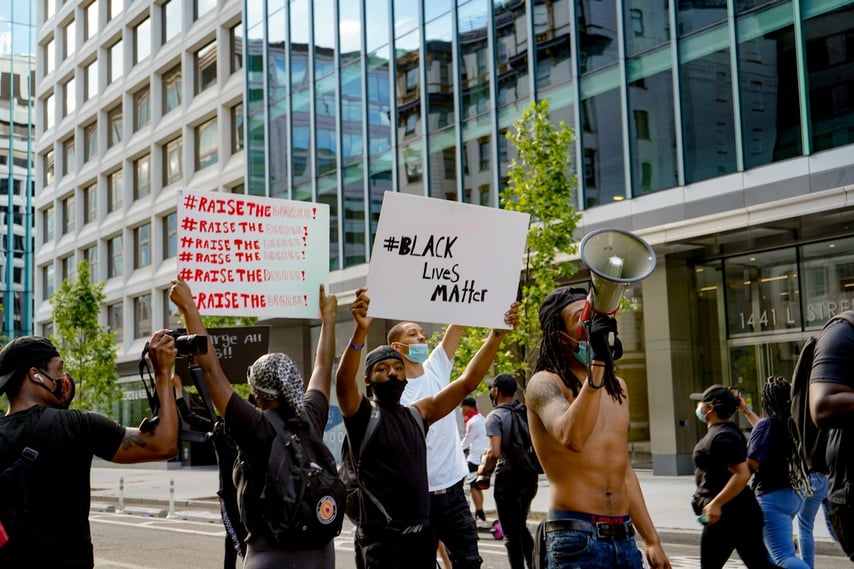
Numerous prisoners, often Black, Indigenous and racialized, have similar stories. Too often, incarcerated individuals inquire into their STG label and realize the institution has labeled them affiliated with a gang they have never heard of or does not exist. A Case Study of Diversity in Corrections from the Office of the Correctional Investigator reveals that “while Black inmates are two times more likely to have a gang affiliation, the great majority (79%) are not a member of a gang.”
CSC defines a security threat group as, “any formal or informal ongoing [prisoner] group, gang, organization or association consisting of three or more members.” This loose definition allows ‘corrections’ to assign the label to virtually any individual they decide fits the description.
According to CSC policy, before an incarcerated person is labelled STG an officer should meet with them to explain that the label of STG has been recommended for their file. The officer is to share the reasoning behind the recommendation and offer the prisoner an opportunity to contest the label before it is applied. CSC refuses to respect this process. Many people who are labelled STG are not given the opportunity to contest this designation before it is applied, and face multiple obstacles when they attempt to have it removed after the fact.
Being labelled STG has immediate, long term detrimental effects on prisoners. People who are labelled STG are denied leadership opportunities, are paid less for their work, spend more time in prison, are classified as higher security, are less likely to be granted parole and are more often placed in solitary confinement, all of which are further outlined in a federal government report. Lewis experienced each of these challenges, including extended periods in solitary confinement. When Lewis was transferred to Donnacona Institution, a maximum-security facility, prison administration used Lewis’s STG label to immediately place him in solitary confinement. He spent Christmas and New Years in ‘the hole.’ For months, Lewis was only allowed to shower and get fresh air once every 48 hours. His exposure to human contact was limited to one hour, once a day.
In a 2018 British Columbia Supreme Court decision, Justice Peter Leask noted that segregation poses a “significant risk of serious psychological harm, including mental pain and suffering, and increased incidence of self-harm and suicide,” particularly “anxiety, withdrawal, hypersensitivity, cognitive dysfunction, hallucination, loss of control, irritability, aggression, rage, paranoia, hopelessness, a sense of impending emotional breakdown, self-mutilation, and suicidal ideation and behavior.”
Lewis realized that if he wanted to get out of solitary confinement and improve his conditions of confinement, he needed to get the STG label removed from his file as soon as possible. Even though Lewis had documentation to show the crown attorney in his case that he was not a gang or organized crime member, CSC persistently labelled him as such.
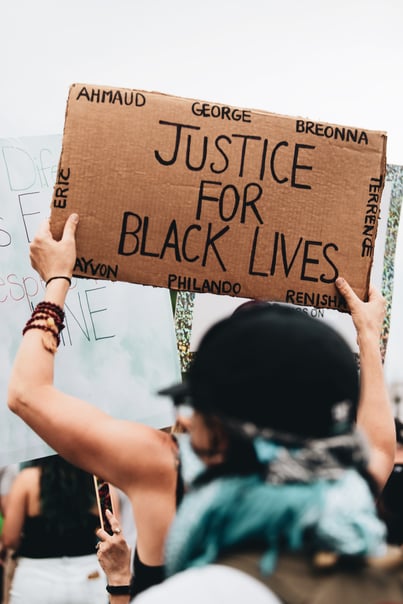
Lewis filed multiple grievances, hired a lawyer with his own financial resources, and took the matter to court. Seven years and over a thousand dollars later, Lewis finally had the label of STG or “gang affiliated” removed. Though, for seven years, he endured differential treatment in prison because of the colour of his skin and his postal code. Many incarcerated people in similar situations do not have the access to the resources or advocacy supports that Lewis had in order to push back against the discriminatory STG label.
In Canada, both policing agents and CSC officials make recommendations as to who is gang affiliated and who should be labelled as part of a security threat group. However, it is challenging to ascertain how these decisions are made. We have spoken to both incarcerated individuals and those on parole who have attested to being labelled STG after simply taking a photo with a friend, receiving mail from a loved one or growing a beard. If the CSC defines a security threat group as “any formal or informal ongoing group or association consisting of three or more members,” what differentiates a gang from a fraternity, a book club or a church choir? Once police services (empowered by provincial legislation) deems certain individuals as part of a security threat group, that information is shared with the Correctional Service of Canada, a federally regulated agency. This information sharing between local police services and federal corrections is how Lewis’s musical group landed him in solitary confinement.
Chicago residents have been facing similar issues with state-created gang labels and gang databases leading to ongoing criminalization of Black and Latinx communities. In so much that a Chicago Research Group called for the elimination of gang designations and full transparency with regards to the data and procedures and accountability measures to redress harm inflicted due to gang designations.
We echo the recommendations from the Research Group and call for regions across Canada to follow the lead of Cook County and permanently dismantle gang databases. This practice should not be tolerated. We demand Minister of Public Safety Ralph Goodale draft legislation to dismantle gang databases and prohibit policing agencies and prison administrators from creating new labels. Instead, provincial and federal governments must invest in funding for meaningful and effective community based alternatives to social harm and conflict.
Ultimately, the mass incarceration of Black people must end. Black folk must be given more opportunities to succeed and thrive. It’s time the Canadian state divests from police, divest from prison expansion and re-invests in communities.

